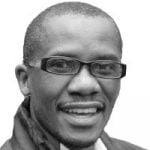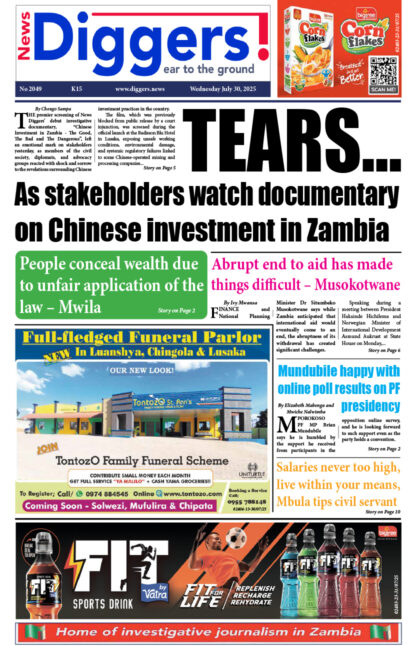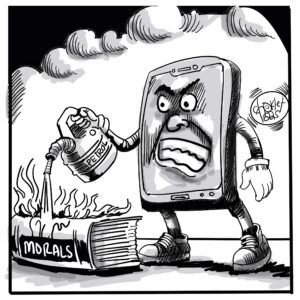Economist Professor Oliver Saasa says the continuous dragging of UPND leader Hakainde Hichilema’s treason case might delay negotiations for the country’s IMF bailout package.
Magistrate David Simusamba has referred the treason case involving Hichilema to the High Court for judicial review, saying if the judicial review did not take shape in 15 days, he would then proceed to commit the accused to the superior court for trail.
But Prof Saasa told News Diggers! that one of the messages that came out strongly when he met diplomats from “a high level embassy” at his office recently was that the IMF package might be delayed by the ongoing treason case.
“The way they were talking and knowing how they control the IMF, it made me think and made me a little bit worried, like yes, you might think you are concluding with the staff at the negotiating level. But really hard questions may have to be answered at the Board level and they may actually say, ‘while you go on with your legal process, we don’t want to interfere with your sovereignty since you insist, we will wait for you when you are done, then you can come back’. For them (IMF), good governance is not just political, economic governance is what constitutes the ingredients for that sort of external support,” Prof Saasa said.
He said the earlier the case was concluded the better for the country’s economy.
“There are a number of players that are sitting and waiting in the wings to see what is going to happen. One of them is really the investor community, especially against the backdrop of the ongoing political challenges of governance. People would want to see and get a little bit better news from Zambia than what has so far been taken. And therefore one of the good news is two-front in my view – the entry of the IMF and the resolution of the political, what many people believe is a political standoff and I subscribe to that situation. We are waiting whether there will be some inroads that point to the more positive direction,” he said.
“The biggest problem is fiscal, which is where we are relying on the executive instrument of government in the Ministry of Finance – how do we account for money? How do we approve the budget? Are we giving more resources to the wrong priorities while we are shouting ‘we want to reduce poverty?’How do we reprimand those, through oversight institutions like the Office of the Auditor General? How do we reprimand wrongdoers? All those questions… that is what really ultimately determines whether we are doing the right thing with resources that we generate and manage or not. So for me really, these are the things that I don’t need the IMF [for].”
He observed that Zambia was desperate for the IMF aid package.
“In fact, the IMF never comes to Zambia. We go to the IMF, that is why right now we are canvassing the world, the globe for them to get to listen to us. We are the ones who go there. The question is why do we keep going there, rather than the IMF coming to us? One has to ask the right question to get the right answer,” said Prof Saasa.



















